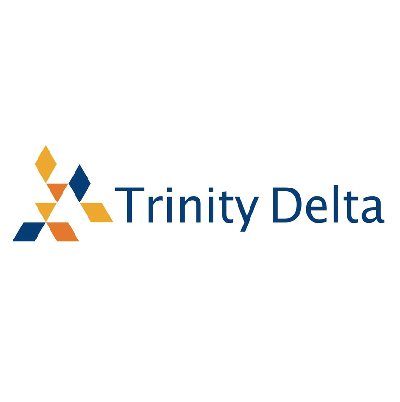Our research is fully MiFID II compliant and freely available to all investors
Avacta (AVCT)
53.75p (£195.13m)
| AACR data continue to support confidence in AVA6000 |
▪ Interim data from the Phase I trial of AVA6000, a peptide drug conjugate, have been presented in a poster at the 2024 American Association for Cancer Research (AACR) Annual Meeting in San Diego. These are the latest findings in 42 patients (as of 11 March data cutoff), including some from the seventh and final cohort in the three-weekly dosing arm. Importantly, the data reaffirm prior observations that AVA6000 is selectively activated at the target tumour site, resulting in lower toxicities than standard doxorubicin, and leading to anti-tumour effects in cancers with over-expression of FAP and which are sensitive to doxorubicin monotherapy. ▪ Updated safety data for AVA6000 continue to show a lower incidence of severe (Grade 3 and 4) treatment-related adverse events (AEs) compared to doxorubicin. This observation is consistent when analysing all AEs, including mild to moderate. Two dose-limiting toxicities (DLTs) were observed in earlier cohorts; of note the patient with Grade 2 cardiac failure at 120mg/m2 had a significant risk of cardiovascular disease and an expert cardiovascular review concluded it was not anthracycline related. In each DLT case, the cohort was expanded and the dose escalated to the next cohort. More recently, there were no DLTs at the seventh dose level of 385 mg/m2 (equivalent to c 3.5x the normal doxorubicin dose) and a Safety Data Monitoring Committee (SDMC) concluded that this dose was safe. Overall, most compelling was the fact that no maximum tolerated dose was achieved. ▪ The poster also includes an overview of the best overall response, stratified by FAP status. In the 15 patients with cancer types categorised as high FAP (based on a literature review), there were: 2 partial responses (≥30% decrease in the sum of diameters of the target lesion) of which 1 is confirmed and 1 is unconfirmed and both are ongoing; and 3 minor responses (a 10-29% decrease), with two ongoing. Ongoing patients could potentially see improved responses in the future. Seven patients had stable disease for ≥16 weeks. Recall that patients in this trial had been heavily pretreated (median of three prior regimens) and most patients would typically not be offered an anthracycline like doxorubicin. Hence responses were not expected. ▪ Given the favourable safety in the three-weekly dosing arm, coupled with PK/PD modelling, patients are currently being enrolled in a two-weekly safety study, with three patients already dosed in the first cohort (160mg/m2) in the US. Approvals have also been granted to start the trial in the UK. First cohort safety data should be reviewed by the SDMC by the end of April. Trinity Delta view: Following the recent Trading Update, there are few surprises within Futura’s FY23 financial results, with costs remaining tightly controlled. Focus on the potential US launch by partner Haleon is understandable, given the US commercial opportunity is likely the most significant. Hence, comments that preparations towards the US launch are progressing well, together with Haleon confirming launch is expected within 12 months, are reassuring. Whilst there continue to be limited insights into re-ordering patterns, we believe partner Cooper could provide more details in due course as EU launches become more established. We continue to believe Futura is uniquely placed within UK healthcare, with no near-term cash needs, and a clear pathway to profitability and sustainable cash generation. Our current valuation is £363m, or 121p/share. |
Analyst: Lala Gregorek
lgregorek@trinitydelta.org
MiFID II
Trinity Delta only produces research that falls under the non-monetary minor benefit group in MiFID II. We do not seek payment from the asset management community and do not have any execution function, which means you will be able to continue receiving our research under the new MiFiD II regulations. To date, all compliance teams at our asset management readers have confirmed that they are satisfied that they can continue to receive our research.


